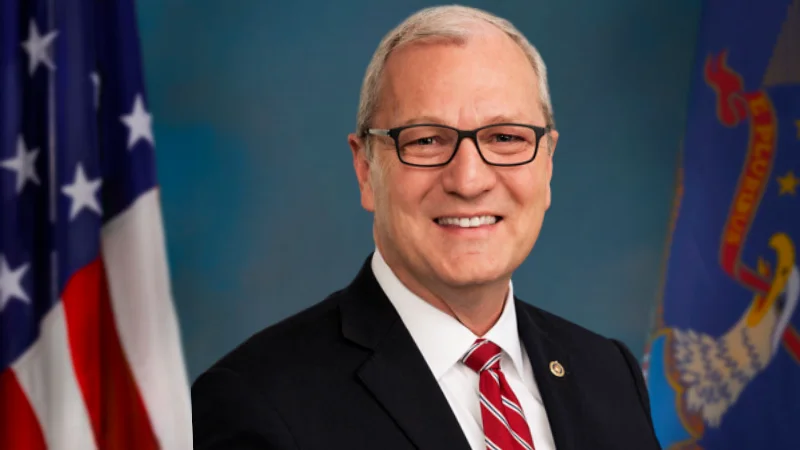Senator Kevin Cramer, US Senator for North Dakota | Senator Kevin Cramer Official website
Senator Kevin Cramer, US Senator for North Dakota | Senator Kevin Cramer Official website
U.S. Senator Kevin Cramer and Congresswoman Julie Fedorchak, both representing North Dakota, have called on congressional leadership to reform federal energy tax credits. Their focus is on aligning energy policy with the goals of reliability, affordability, and security in the United States.
The duo addressed their concerns in a letter to House and Senate Republican leaders and committee chairs. They argue that current energy tax policies disproportionately subsidize intermittent power sources like wind and solar, which they say distorts markets and weakens the electric grid.
"We understand state and regional power markets and strongly believe smart, targeted federal investments in our energy sector can be in the national interest. Multiple federal statutes state the public policy of the United States is to provide a reliable and resilient grid, yet all too often our tax code subsidizes the opposite,” they stated. They argue that current policies "continues to shower intermittent energy generators with incentives and resources without regard to its contribution to a rapidly degrading electrical grid."
The letter refers to a report from the North American Electric Reliability Corporation, noting 11 of 18 Regional Transmission Organizations face risks of resource adequacy shortfalls. It mentions the Midcontinent Independent System Operator, serving 45 million Americans, as at high risk of insufficient electricity supply.
Cramer and Fedorchak urge Congress to apply specific criteria when evaluating energy tax credits enacted by the Inflation Reduction Act. They want to know if these credits have strengthened or weakened the grid, affected power delivery reliability, or impacted consumer prices.
The representatives advocate for phasing out tax credits like 45Y and 48E, which favor zero-emission sources while neglecting reliability, affordability, and dispatchability. They argue these credits misguide the energy market and increase grid instability risks.
They prefer targeted incentives like 45Q for carbon capture and 45U for nuclear power, which balance emission reduction with maintaining stable, affordable electricity. "Generators should be paid for their performance; not how good they make policymakers feel," they noted, emphasizing collaboration with other Republican officials to pursue an American energy dominance agenda.
The full letter is available through an external link.



 Alerts Sign-up
Alerts Sign-up